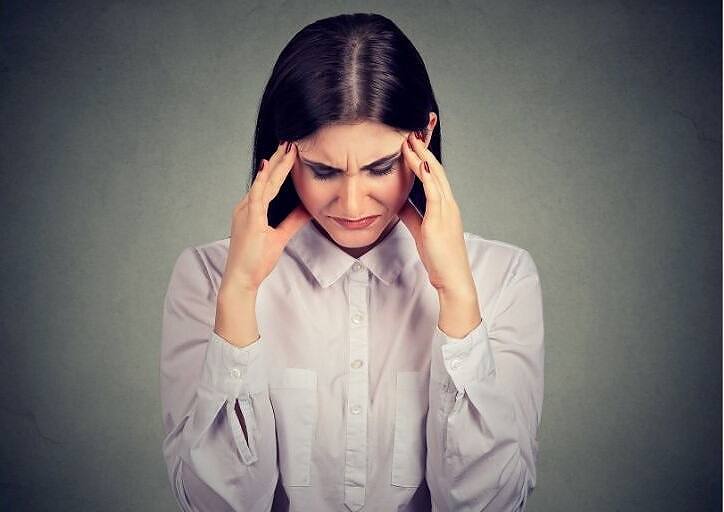About sleeping pill addiction
Do you have trouble sleeping and are considering sleeping pills? As a matter of fact, there is an excess of 15 million prescriptions written in the UK each year.
You are only recommended to take sleeping pills for a week or two. You may not recognise that you’ve become dependent, or perhaps addicted until you stop taking the medication. Suddenly you begin experiencing withdrawal symptoms, a significant sign of both dependence and addiction.

Types of sleeping pills
The two most widely prescribed sleeping pills in the UK are Zopiclone and Temazepam. Common sleeping pills which our patients become addicted to include Ambien, Amytal, Lunesta, Sonata and Restoril. Other sleeping pills include sedating antihistamines and sedatives or tranquillizers, amongst other types.
It may mean that you have difficulty getting off to sleep, or you may wake up for long periods during the night, or you may wake up too early in the morning. As for zopiclone and similar sleeping tablets, doctors considered these a last resort, but they are often prescribed for a short period of time to help with a particularly bad patch of insomnia.
Many take sleeping pills to counter the effects of insomnia under the direction of their doctor. However, If you have become accustomed to using a sedative to get to sleep at night, you may continue taking them. Unfortunately, drugs such as these can be addictive and habit forming and having a sleeping pill addiction is becoming more of a widespread issue in this country.
What are sleeping pills?
Also known as hypnotics, sleeping pills are obtained via prescription following consultation with a doctor. The term sleeping pills covers several different types of sleep medication: hypnotics that induce sleep and tranquillizers that lower anxiety levels. This medication uses chemical elements like benzodiazepines, which are largely responsible for the risks of dependency.
Those who have developed an addiction to sleeping pills may acquire them through various means, not just through a prescription from their GP or over the counter. Sleeping pills are known by many different names, from `downers` to `tranks` and `bye-byes` forget-me pill Roche. [1]
However, you may not fully appreciate the risks of taking sleeping pills past the prescribed level.
“It can be hard to predict their effects as different hypnotic drugs can affect brain chemistry in various ways.”
You should be aware that hypnotic drugs are depressants affecting the central nervous system, where the strength and intensity are based on how much you take. [2] If you only consume a small amount, it will generally have slightly sensitive results. By increasing the dosage a little, you may experience a sedate numb feeling, usually the required state for people taking sleeping pills looking for a relaxing, comfortable rest. However, if you consume the drug at a higher dosage, it can bring on complete anaesthesia, making them incredibly dangerous if taken to excess as they can lead to unconsciousness.
The Dangers of sleeping pill addiction

You can quickly descend from having a much-desired sleep to losing track of how much you have taken. This is especially true if you have taken the drug over an extended period and have built up a tolerance. However, you can get used to their sedative properties where you feel yourself drifting away, calm and relaxed, despite the inherent risks in taking too much. As a matter of fact, in a tragic irony, many believe it is these relaxing calming properties, and the notion it may be a more painless option is why many individuals wishing to take their own lives choose to take sleeping pills.
Sadly, they may be the drug most commonly associated with suicide, which only highlights just how dangerous they can be. You may erroneously believe it is impossible to become addicted to sleeping pills and you may not even realise you have a dependency until you stop taking the drug and suffer withdrawal symptoms.
“If you buy sleeping pills online or from an illegal supplier this is a sign that you are struggling with a sleeping pill addiction.”
For those looking to buy sleeping pills, online in the UK, you will require a prescription, this helps in monitoring your intake and keeping you safe.
Signs of sleeping pill addiction
There are various signs to look out for which may indicate you may have an addiction. You may have tried to stop taking sleeping pills and couldn’t, or you may feel a craving for the medication when you don’t have it.
“If you do have a dependency, you may also go to extreme lengths to acquire the drug, from making continual appointments to the doctor to have your prescription filled or increasing the dosage you take without consulting a doctor.”
However, you may find yourself continually taking sleeping pills despite full knowledge of the risks it may be taking to your health. You may suffer ongoing memory problems from taking pills. You can experience other physical and psychological side effects such as dizziness, a loss of coordination, light-headedness and dreamless sleep, alongside many others. These side effects suggest you may have a sleeping pill addiction and should seek help immediately.
Rebound Insomnia
If you have been taking sleeping pills over an extended period, eventually, your brain will get used to the effects, making it more difficult if you wish to quit and enter recovery.
“In some cases, if you are addicted to sleeping pills you may experience what is known as compounded or rebound insomnia, where, ironically enough, you may suffer a worse case of sleepiness than what led you to start taking the drug in the first place.”
It is a customary symptom of sleeping pill addiction, which often leads some to relapse or keep on taking drugs.
Finding rehab for sleeping pill addiction
A stay at a residential rehab clinic can eradicate the problem of taking sleeping pills from your life. Providing ideal surroundings to carry out a full rehabilitation programme to help you overcome your dependency for good. You will be cared for by highly skilled doctors and nursing staff as you undergo detoxification, where the toxins are gradually cleansed from your system. Rest assured our qualified medical professionals will keep a close eye on your condition. They will prescribe any medication you need to take the edge off withdrawal symptoms while stabilising you during detox.
When you have completed your medical detox, you can be guided through some of your dependency’s mental and physical aspects by undergoing counselling. Patients will attend both group and individual group therapy sessions where they will have the opportunity to discuss any triggers or underlying issues which may have played a role in your addiction. You can also examine any follow-up or aftercare programme, which could be essential in continuing your recovery and avoiding relapse when you leave the rehab clinic and go home.
Millions of people around the world have an addiction to sleeping pills. If you are ready to enter residential treatment for your sleeping pill addiction, give Detox Plus UK a call. We can help you rid yourself of your dependency once and for all. Sleeping pill addiction treatment could save your life, and the cost of the treatment is usually minuscule compared to the cost associated with the continuation of addiction.
Sources
- American Addiction Centers (July 2021) – List of Street Names for Drugs – Available at: https://drugabuse.com/addiction/list-street-names-drugs/#sleeping-pills
- NICE – Hypnotics & Anxiolytics – Available at: https://bnf.nice.org.uk/treatment-summary/hypnotics-and-anxiolytics.html



